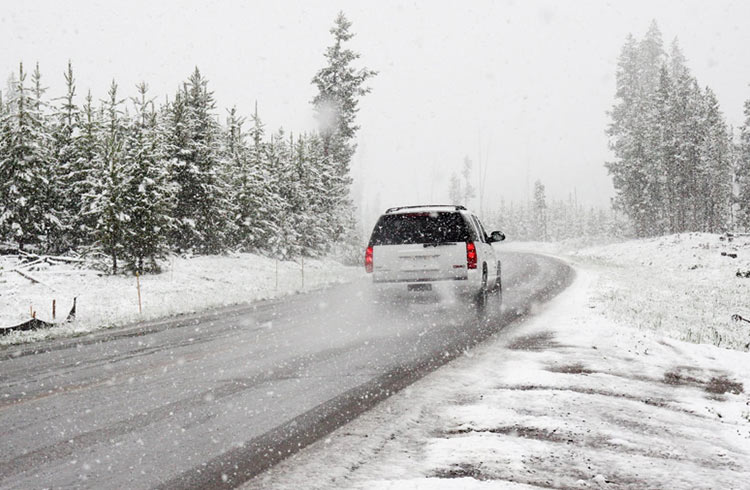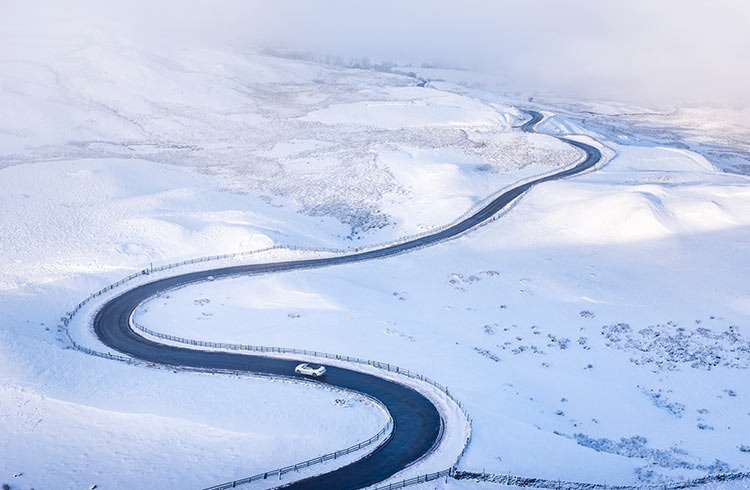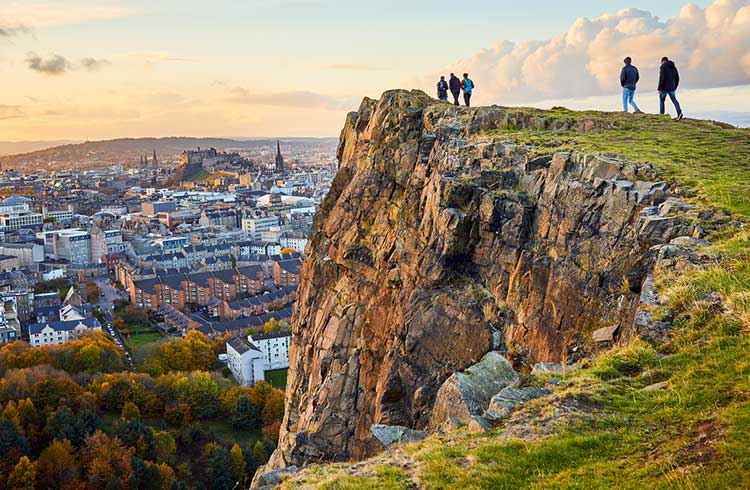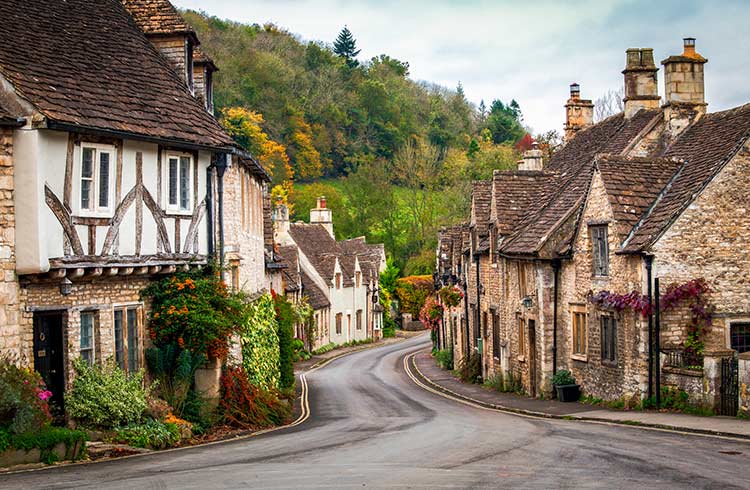5 Safe Driving Tips for a Winter Road Trip in Europe
Road tripping somewhere in Europe this winter? Here are our tips on what to pack and how to drive safely on the icy, snow-covered roads.
 Photo © Pexels/Chris Peeters
Photo © Pexels/Chris Peeters
Driving in winter can be dangerous in Europe. It gets dark earlier and for longer, cold snaps are more extreme, and precipitation can drastically alter the surface of the road.
If your vehicle is fitted with good quality tires and you are driving safely, most journeys will be safe as long as you take care. But, that doesn’t mean you should relax; you must prepare adequately to ensure your own safety and that of your passengers and other road users.
So, if you’re heading to Europe in the winter, what can you do to make sure your journeys are as safe as possible? Here are a few important safety tips before you set off on a road trip.
- Prepare for ice and snow
- Drive during daytime in winter
- Check your car
- Road accidents increase in winter
- Keep an emergency kit in your car
1. Prepare for ice and snow
Driving in icy and snowy conditions can be stressful. Road surfaces become unstable, your car may react to breaking or turning in unfamiliar ways if there’s ice on the road, and other road users can become potential hazards with the slightest wrong move.
These harsh conditions can be intimidating, especially if you’re not used to this weather, but knowing what’s ahead and planning well in advance can somewhat mitigate these fears.
Many countries that regularly experience snow and ice will be adept at gritting roads and getting snowdrifts cleared, but you should still do the following:
- Drive slowly
- Keep your headlights on
- Understand your route
- Have a fully charged mobile (and don’t use it while driving)
- Carry a set of tire chains so that if the weather deteriorates drastically, you’ll be best placed to complete your journey successfully.
If you haven’t used snow chains on tires before, there are plenty of YouTube video tutorials out there – watch one of these first, they aren’t easy to put on the wheels correctly.
2. Stick to daylight hours
While driving in snowy, icy or rainy conditions is difficult enough in isolation, these problems will be exacerbated at night. You more likely to get lost, but you’re also more likely to encounter icy patches because water on the road will freeze faster when the temperature drops.
Leave for your destination early in the day for maximum daylight hours, and always try to finish your journey – or at least a large part of your journey – when the sun is still out. If you need to stay in a hotel overnight to save yourself from driving in the dark, do.

3. Check your car
You never want your car to break down, and in winter, problems with your vehicle are more likely to ruin your trip.
Before you go on any roads in Europe during winter, do the following:
- Get your car serviced
- Make sure the battery is in good condition
- Have a supply of antifreeze stored away in the boot
- Check the oils
- Ensure your radiator is not likely to fail by keeping it topped up with radiator fluid.
As long as your car is in good condition and you keep warm, you will be in the best position to stay healthy and safe even if you get into an accident or become lost. Research suggests, 45% of drivers in the UK don’t make these checks before winter starts – so make sure you’re not one of them.
4. Don't take your safety for granted
In the UK alone, four of the five days in 2018 that saw the most accidents were during the winter.
In 2017, an insurance company found that road users were 20% more likely to be involved in an accident during winter. Even if you’re not traveling overseas, you need to do all you can to remain safe on the roads.
5. Keep an emergency kit in your car
If you have taken the right precautions and have followed these steps, it is unlikely you will ever have to crack open the emergency kit, but that doesn't mean you shouldn't have one.
Carry a first-aid kit, protein bars or food that can be eaten cold and will last a long time, as this will give you the energy boost required to get through a cold night. You should also keep a flashlight, gloves, blanket, jumper cables and an ice scraper in your boot.
Related articles
Simple and flexible travel insurance
You can buy at home or while traveling, and claim online from anywhere in the world. With 150+ adventure activities covered and 24/7 emergency assistance.
Get a quote

No Comments